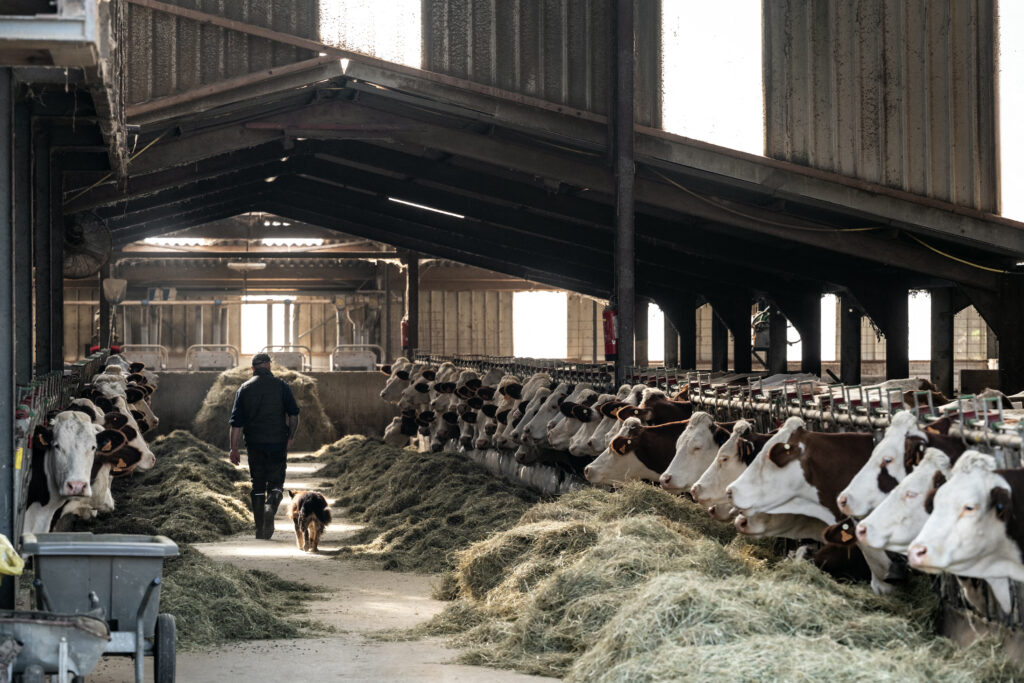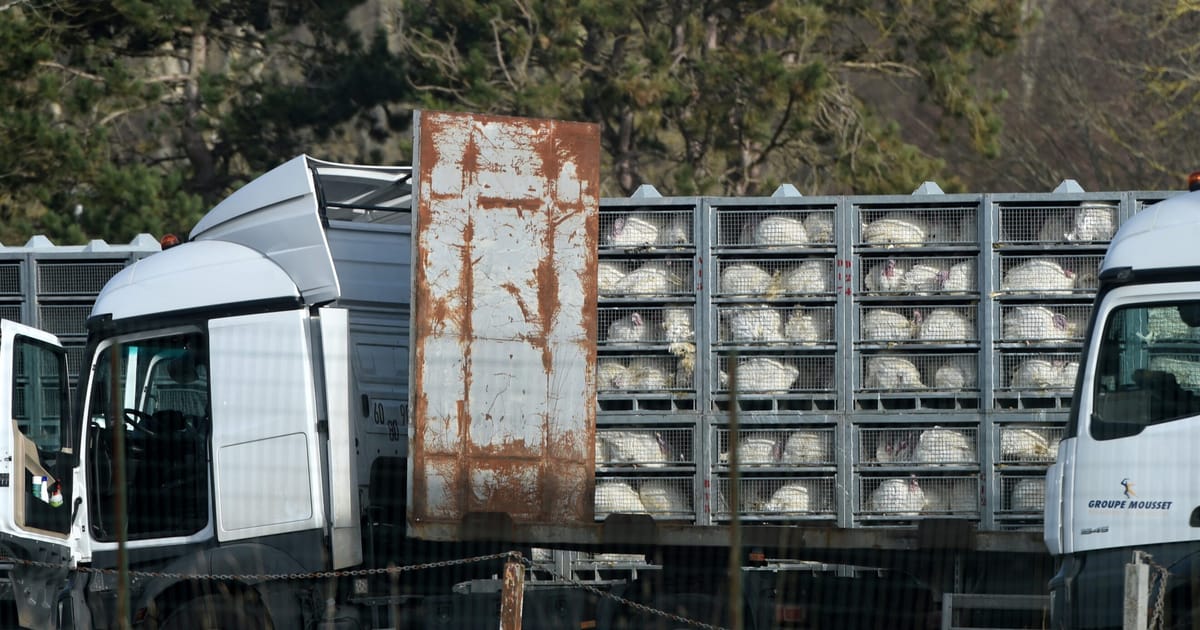Member countries have been at odds over how to handle transport in hot weather, the movement of young calves and — most explosively — journey time limits.
 Animal welfare barely registered in EU politics two decades ago, when Brussels last updated its rules for livestock transport. | Arnaud Finistre/Getty Images
Animal welfare barely registered in EU politics two decades ago, when Brussels last updated its rules for livestock transport. | Arnaud Finistre/Getty Images
Copenhagen, which took over the rotating Council presidency in July, says it’s found a pragmatic way to keep the reform alive. Jensen, the farm minister, told POLITICO he sees “good progress” in technical negotiations, including on how animals are handled, watered and fed during transport, even as the journey time limits debate remains frozen.
“It’s not correct to say there’s no progress,” Jensen said in a telephone interview. “If the conditions are good, if animals have ventilation, water and trained handlers, it matters less whether it’s one or two hours longer.”
An unlikely champion
It’s a message that captures Denmark’s paradox. The Nordic country is one of Europe’s largest exporters of live animals, sending some 13 million piglets a year to other EU states.
Yet it has also been among the bloc’s loudest voices for tougher welfare rules, even calling for a full ban on live exports to third countries ahead of the Commission’s proposal. Now, isolated on that front, it is trying to salvage the weaker Commission draft by making it workable enough to pass.
That instinct for compromise isn’t new. Last year, Denmark became the first country to agree a tax on greenhouse gas emissions from farming — with farmers’ backing. For Jensen, who helped broker that deal, the lesson is that even the most sensitive agricultural reforms can stick if they’re built on pragmatism rather than punishment.
